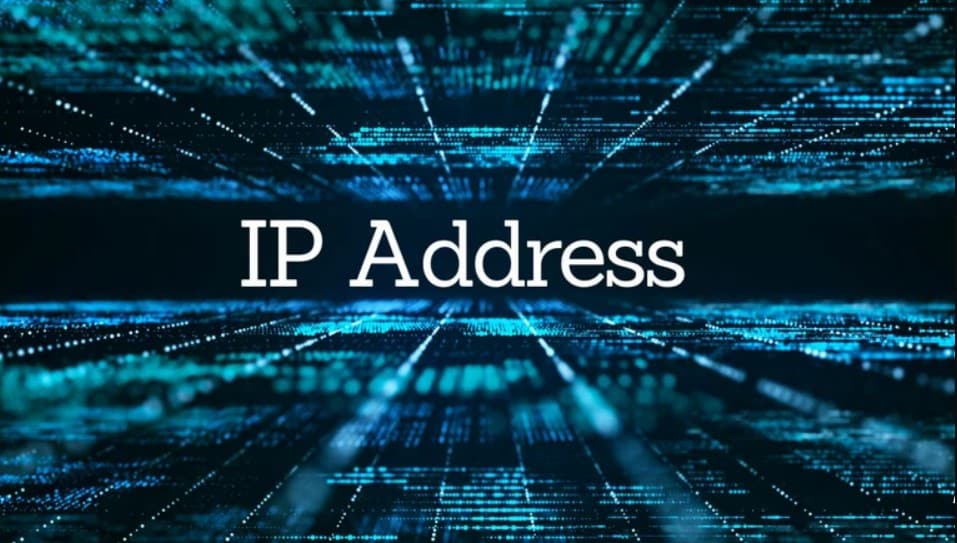The Terrifying Truth Behind Your IP Address: Protect Yourself Now!
Introduction:
Our online security is vital in today’s digitally connected society, where our lives are connected to the Internet Potentials threats associated with our IP address are an important factor that is sometimes overlooked.
Your IP address acts as a unique identifier, comparable to a digital fingerprint, and provides a digital code for internet access.
Nowadays, everyone is using Internet and consuming tons of information every single day. Unfortunately, cybercriminals and antagonistic companies can use these statistics to invade your privacy, commit cybercrime, and put your private records at risk.
This article explores facts about your IP address in detail and offers basic recommendations on staying secure online.
1. Understanding the Mystery of IP Address
Before we explore the risks, let’s understand what an IP address is. An IP Address stands for “Internet Protocol Address”. It is a numerical label assigned to every tool or device related to a network.
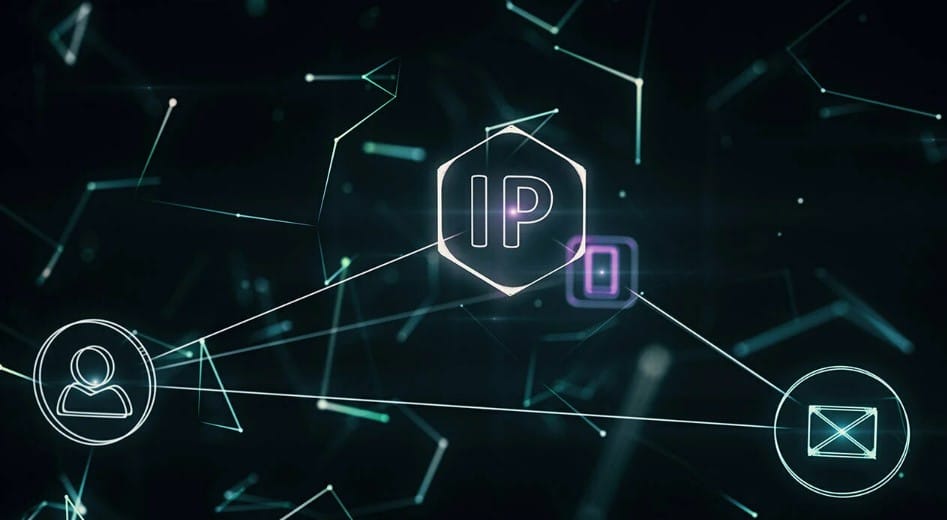
It serves as an identifier, allowing devices to communicate and exchange data. IP addresses are essential for establishing connections . It facilitates conversation among gadgets and permits them to discover each other on the full-size network of the internet.
1.1. Types of IP Address:
There are two major types of IP Address – IPv4 (Internet Protocol version 4) and IPv6 (Internet Protocol version 6).
IPv4 address consists of four sets of numbers, IPv6 addresses contains eight sets of alphanumeric characters.
In today’s world, a person cannot imagine life without Internet. Everyone in this world is using Internet and consuming tons of information every single day. With the growing number of internet users, IPv6 address were introduced to accommodate the increasing demand for unique identifiers.
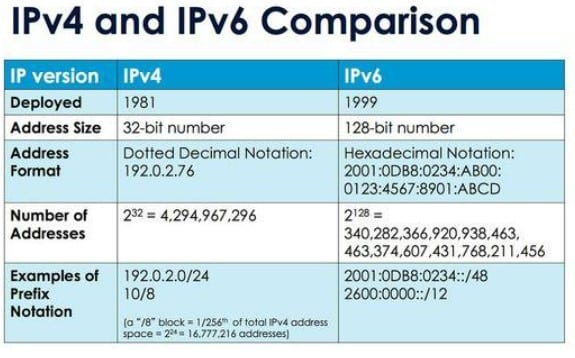
2. The Haunted Risks of Your IP Address
Your IP address can cause several risks, leaving you vulnerable to various cyber threats. Understanding these risks is the important step towards safeguarding your online presence.
2.1. Geolocation Tracking
Cybercriminals and Hackers can use your IP address to track your physical location. They can get access to your location using your IP Address.
Although, many apps and browsers have your location access but Geolocation tracking can be misused to monitor your movements. This will lead to privacy breaches and potential security threats.

2.2. Hacking Attempts
Hackers often use IP address to gain unauthorized and illegal access to your devices or networks. Once they succeed, they can use sensitive information, steal data or launch other malicious activities.

2.3. Distributed Denial-of-Service (DDoS) Attacks
DDoS Attack means “Distributed Denial-of-Service Attack” and it is a cybercrime in which the attackers floods a server with internet traffic to prevent users from accessing connected online services and sites.
By identifying your IP address, attackers can arrange DDoS attacks, overwhelming your network or website with a large amount of traffic, causing disruptions and downtime.
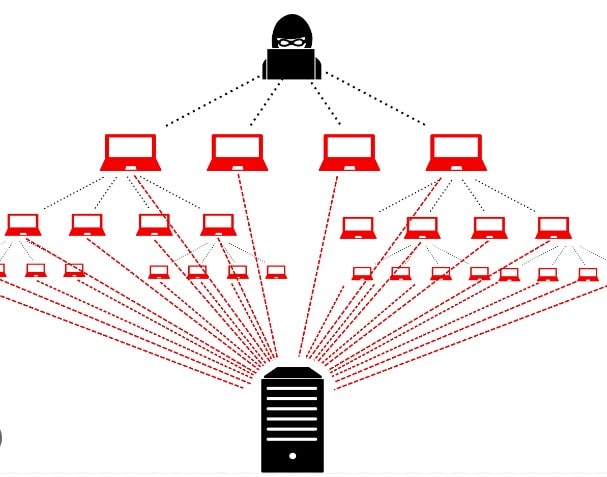
2.4. Identity Theft
Sometimes cybercriminals may attempt to associate your IP address with your personal identity. It leads to potential identity theft or fraud.
3. How to Stay Safe Online
It is essential to protect yourself from the risks associated with your IP address for a safe online experience. Here are some effective tips and hacks to improve your online security:
3.1. Sheild with a Virtual Private Network (VPN)
A VPN is a mechanism for creating a secure connection between a computing device and a computer networks. A VPN hides your IP address by routing your internet traffic through a secure server.
It prevents unauthorized people from eavesdropping on the traffic and allows the user to conduct work remotely.
VPN technology is widely used in corporate environments. It encrypts your data and protect it from potential threats.

RECOMMENDED BY OUR EDITOR
3.2. Stay Updated and Secured
To remain safe in this online world, you should regularly update your operating system, antivirus and other software applications.
These updates often contain security patches that will destroy and address known vulnerabilities.

3.3. Fortify with Strong Passwords
You have to create strong, unique passwords for all your online accounts and change them periodically. Avoid using easy guessable passwords such as birthdates or names.4
3.4. Beware of Phishing Scams
Scammers and cybercriminals can use email or text messages to try to steal your passwords, account numbers or other personal informations.
Phishing is a type of online scam where criminals hack your device or account via emails, text messages, advertisements or other means in order to steal sensitive information.
The main reason of phishing emails is that the users lack security awareness.

3.5. Enable Two Factor Authentication (2FA)
2FA adds an extra layer of security by requiring an additional verification step, such as a unique code sent to your mobile device, when logging into your accounts.
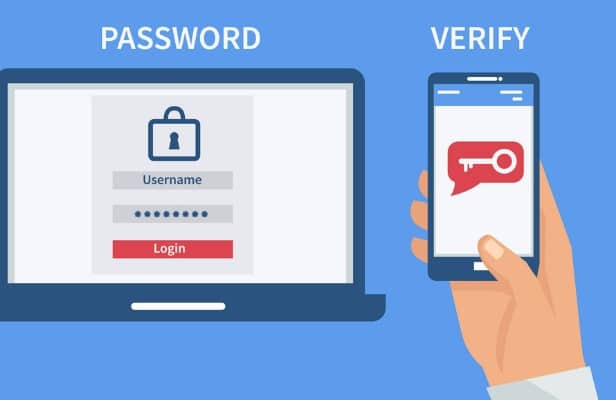
Conclusion
In conclusion, your IP address plays a vital role in the online security, and understanding the risks it causes is crucial to safeguarding your digital presence. Implementing the recommended security measures such as using a VPN, updating software regularly will help you to protect yourself from potential threats.
FAQs
1: Can someone track my location through my IP address?
Yes, cybercriminals and hackers can use your IP address to determine your exact geolocation, putting your privacy at risk.
2: Is using a free VPN a safe option?
Free VPNs may not provide the same level of security and privacy as paid VPNs. It is best to opt for reputable and trusted VPN services.
3: How often should I change my passwords?
It’s advisable to change your passwords regularly, atleast every three to six months. This will help you to enhance security.
4: Can a DDoS attack harm my personal computer?
DDoS attacks primarily target online services and websites, but they can indirectly affect your internet experience by disrupting the services you use.
5: What information can hackers get from my IP address?
Hackers can gather information about your exact location, internet service provider, and the websites you visit using your IP address.

